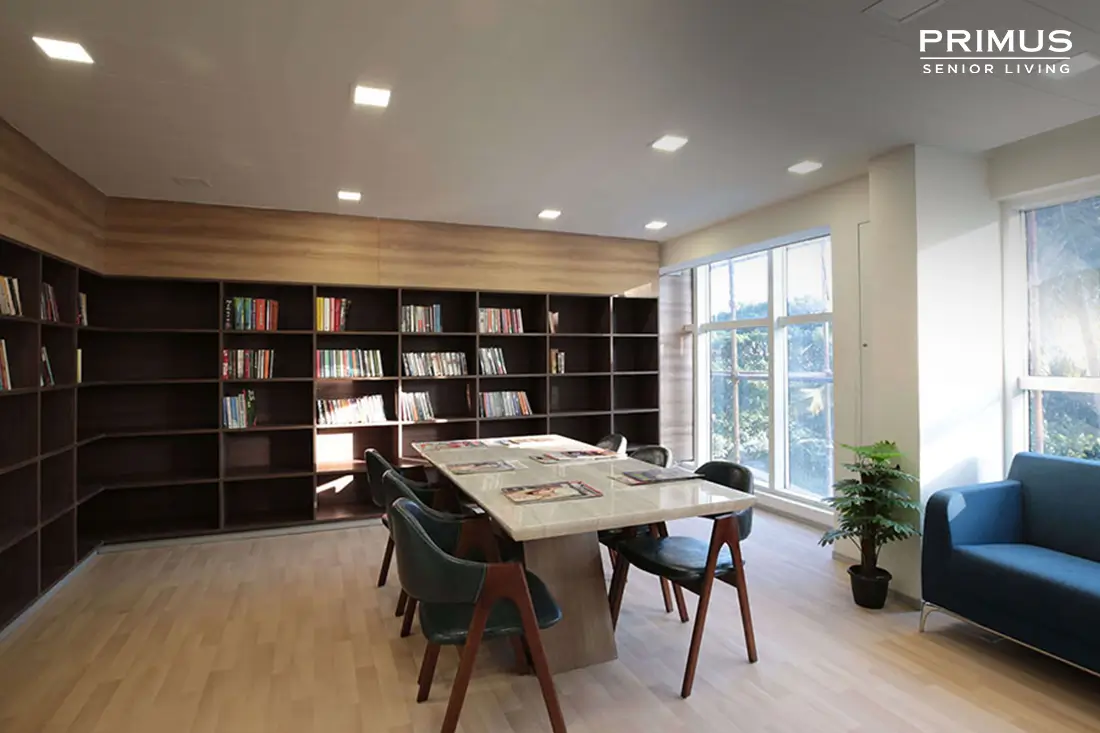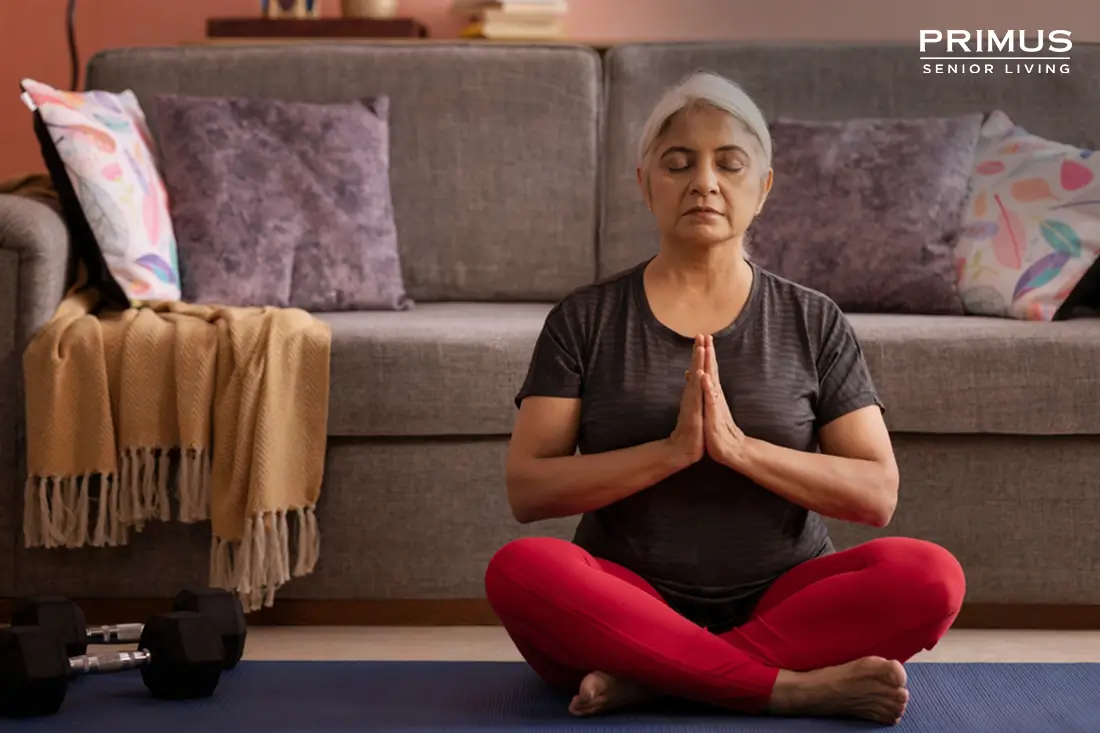Alzheimer’s disease has often been linked to all kinds of forgetfulness in the elderly and the ageing. Memory loss may be a primary symptom of Alzheimer’s, but it doesn’t always mean that the individual is suffering from the disease. There are other brain diseases and outside forces that may be the cause of forgetfulness. Some of these outside forces can be severe trauma, brain injury or a slow degrading of the brain’s ability to function due to drug abuse. They are the reason for memory loss and the brain no longer being able to store memories. They also affect the brain’s ability to create new brain cells and affect their ability to create and recall memories.
The progressive degeneration of memory, cognitive and motor functions can result from Alzheimer’s disease and it usually starts to develop around the age of 60. Some of the symptoms of Alzheimer’s are declining memory, change in behaviour, wandering, impaired reasoning and motor dysfunctions.
Exploring Causes of Forgetfulness in the Elderly
- Alzheimer’s is not the only cause of memory loss in seniors. There are other diseases and factors that contribute to memory loss in seniors. Alcohol and drug abuse can have severely damaging effects on the brain.
- Depression is another factor that can affect the brain functions in the elderly. Depression in seniors can arise from the loss of a spouse or friend, disassociation with the community/isolation, pain from physical issues, need for dependency when not accustomed to it. Depression in the elderly is one of the leading factors of heart diseases. It is often associated with people suffering from cancer, Parkinson’s and brain diseases. Memory Loss online reports, “One of the ways that depression affects memory is by skewing the types of memories people tend to recall while in the grip of melancholy.” The ability to create long-term memories is also affected by depression. There is a lack of attention and concentration.
- Some other forms of dementia in the elderly are Parkinson’s disease, Huntington’s disease, dementia with Lewy bodies and vascular dementia.
- Parkinson’s disease is one of the common forms of age-related dementia. It primarily leads to the loss of motor functions but can also cause cognitive impairments that lead to slowness in memory and thinking. They affect the ability to remember simple actions and words that were once easy to recall.
- Huntington’s disease is a hereditary disorder that affects motor and cognitive function. Symptoms usually appear between the ages of 30-50 and worsen within a period of 10 to 25 years. It can cause forgetfulness and impaired judgment.
- Dementia with Lewy bodies is one of the most common forms of progressive dementia after Alzheimer’s. In this type of dementia, excessive amounts of proteins, known as Lewy bodies, develop on parts of the brain that adversely affects motor skills and cognitive ability.
- Vascular dementia is caused by strokes and it is very common among people over the age of 65. The loss of blood flow to the brain due to the stroke kills brain cells which is directly associated with memory loss.
Memory loss can also be a side-effect of medication. There are a lot of generic prescription drugs that can potentially cause memory-loss, for example, medications prescribed for reducing cholesterol, pain, anxiety, depression etc.
Some tips for coping with normal age-related memory difficulties are, keeping a routine, organizing information, repeating information, making associations, involving senses and learning more about the symptoms and its effects and consulting the doctor. It is imperative to know when to seek professional medical help because it is difficult to project which particular type of dementia or memory-loss a person is suffering from or what the symptoms really suggest.
At Primus, we ensure that our seniors are treated to a relaxed atmosphere that caters to their emotional needs. By creating curated programs, we ensure that our seniors are engaged in activities that will keep them active.
.webp)
.webp)


Leave a Comment